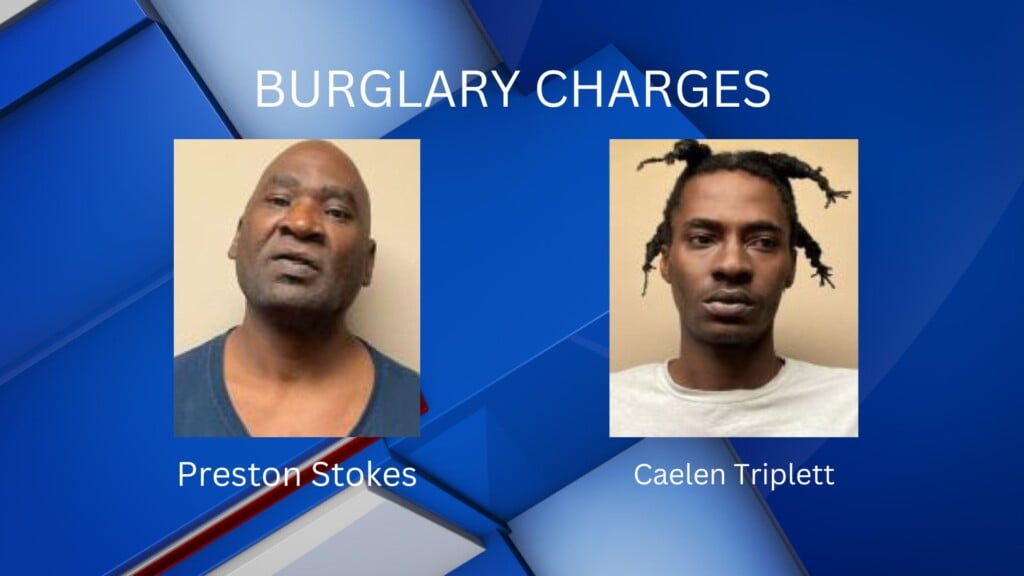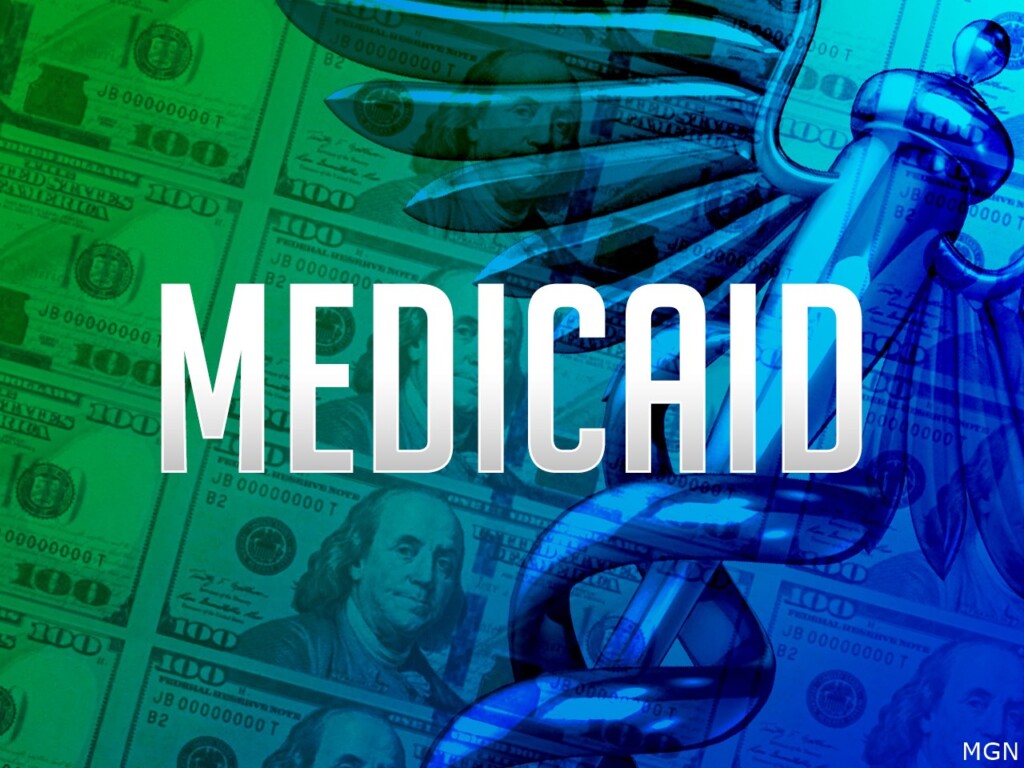Rural hospitals shut out of coronavirus loan program
The money was meant to be a game changer, a lifeline to keep Fillmore County Hospital in Geneva, Nebraska humming even as the coronavirus pandemic caused patient volume and revenue to drop 70%. On April 4, the hospital’s CEO Chris Nichols learned his bank had approved a $2.1 million loan through the Small Business Administration’s Paycheck Protection Program. Two days later, the SBA told Nichols’ bank the hospital was ineligible.
“It’s survival money,” Nichols told CBS News. Without the funding, he said it would be difficult to operate “beyond a couple of months.”
With 190 employees, 20 acute care beds and a 10-bed geriatric inpatient behavioral health unit, the hospital is the medical and economic lifeblood of the county.
And it is one of dozens of rural hospitals shut out of the $349 billion set aside by Congress in its new stimulus program.
“Rural hospitals were already incredibly vulnerable heading into this crisis,” said Megan Elehwany, vice president of government and affairs for the National Rural Heath Association, which lobbies for rural hospitals across the country. “They were bleeding cash. If they don’t get this money, now you’re just putting the nail in the coffin.”
Elehwany said about a third of rural hospitals have been rejected for PPP loans. That’s because officially, they are owned by a local government, making them ineligible for a loan under current SBA rules. Still, she said, most of these rural hospitals currently receive tiny amounts of public funding.
Take the 25-bed Pocahantas Memorial Hospital in Buckeye, West Virginia, which also was deemed ineligible for a loan by the SBA. The hospital receives about $75,000 per year from county hospitality fees. CEO Mary Beth Barr said it’s the equivalent of one to two days of operating costs.
“We were counting on that PPP money to get us through the next 90 days,” said Barr. “We have the application ready to go, but we’ve been told by our local bank we’re not eligible.”
Under the CARES Act, government-owned entities are not eligible for PPP relief.
“We are legally obligated to follow regulation,” an SBA spokesperson told CBS News.
The financial calculus facing rural hospitals is daunting. Most rely on insurance reimbursements from elective surgeries and outpatient services like radiology and lab work simply to break even. Most states have placed limits on those procedures, and as a result, revenue has dropped off a cliff. For Pocahantas, those reimbursements usually account for about 80% of the hospital’s revenue, Barr said.
She said the hospital has yet to lay off staff, but it may come to that if it doesn’t get additional funding in the next three or four weeks.
On Friday, Barr received a call from West Virginia Senator Joe Manchin’s office. A staffer told her only with a legislative fix could the SBA lend to her and that such action may still take a few weeks. A spokesperson for Senator Manchin said they are pushing for that legislative fix in the next round of PPP funding. “This should be a bipartisan issue,” the spokesperson said.
The PPP wasn’t the only money for healthcare providers in the CARES Act stimulus package. The Department of Health and Human Services allocated $100 billion, with the first $30 billion distributed last week, to all providers who care for Medicare patients.
Elehwany said rural hospitals generally received between $500,000 to $1 million, enough to stabilize them for about one to two weeks.
“It’s appreciated, but woefully inadequate to compensate rural providers for the huge losses that they are incurring due to the loss of non-emergency care,” said Elehwany.
Fillmore County Hospital has yet to treat any COVID-19 patients, but a surge of cases is expected to hit Nebraska in late April or early May, Nichols said. And for now, the initial $349 billion PPP fund is out of money, though Congress is considering adding to it.
“Those are funds that would help us keep our staff,” he said, adding that some of his employees have voluntarily reduced their hours. “Now, we may have lost our place in the queue.”





Leave a Reply